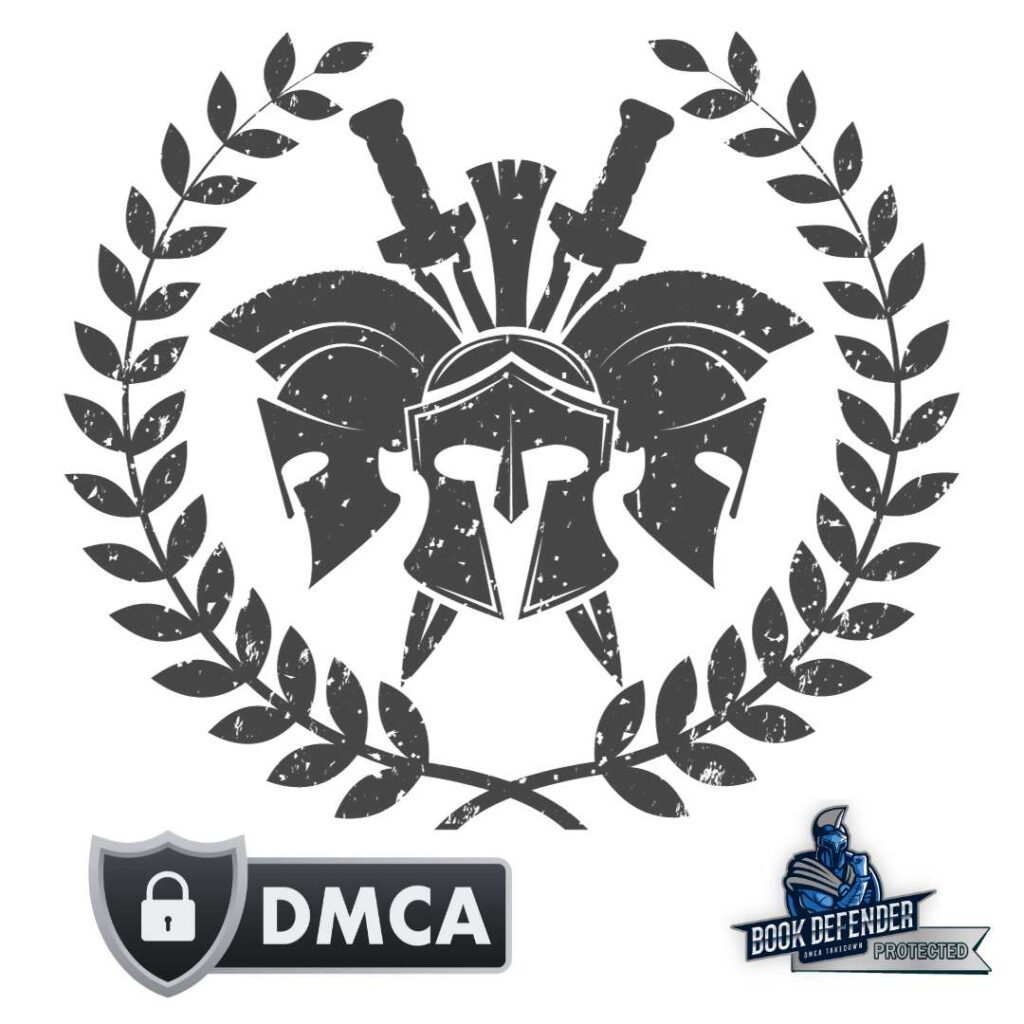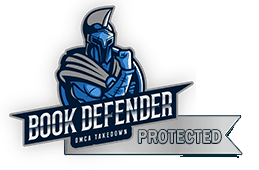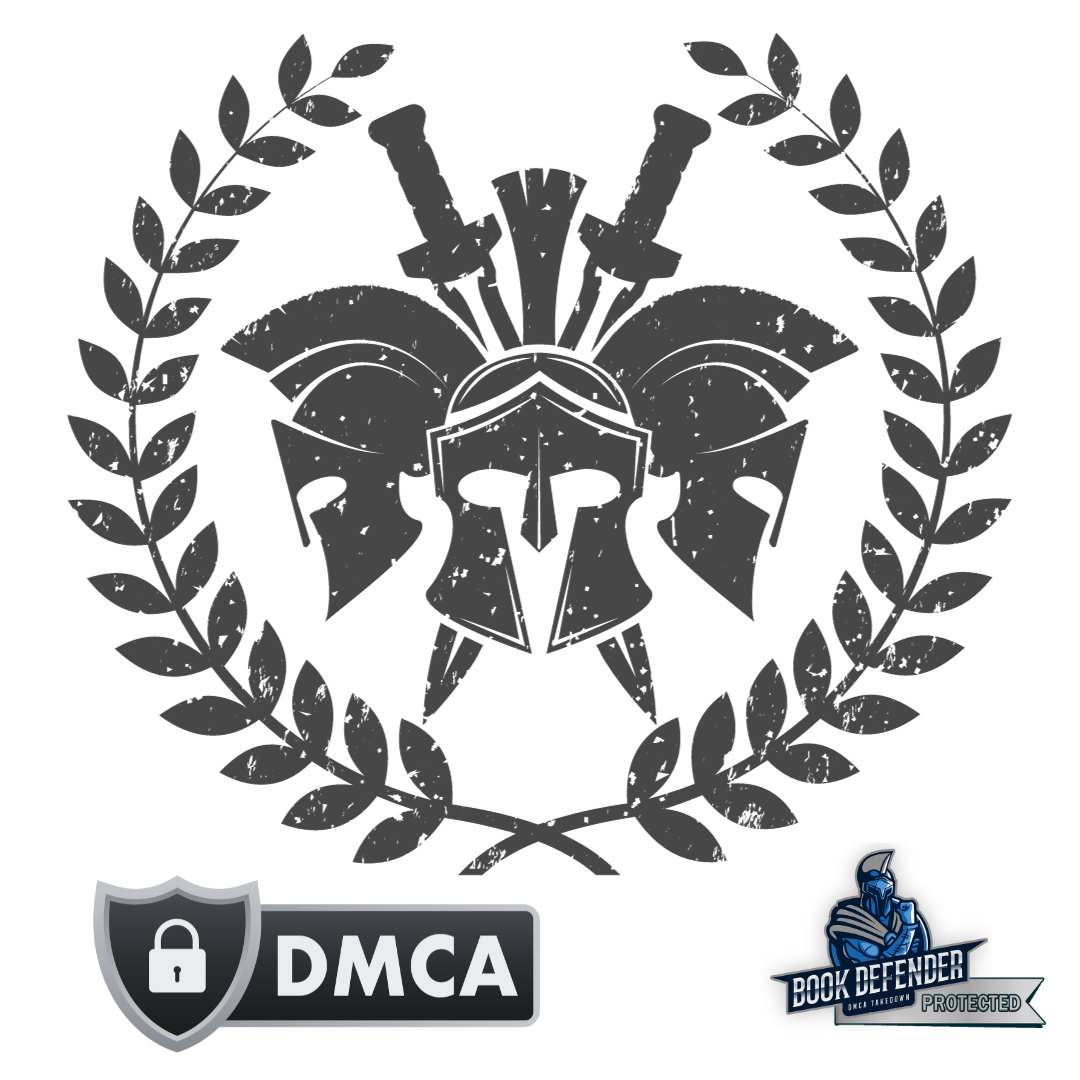Ebook piracy remains a stubborn thorn in the side of indie authors, but the landscape has shifted quite a bit over the past half-decade. Understanding these changes is key for adapting your self-publishing strategy in the years ahead. So, how exactly has book piracy changed recently?
The most seismic transformation has been the explosion of ebook-based sites for illegally sharing copyrighted files. Direct download hosts and torrent platforms dominated five years ago. Today, major players have been shut down or stripped of hosting Western traffic. In their place, small to mid-sized operations based in Russia and Asia have emerged focused solely on ebooks.
These sites make books available via web streaming by exploiting loopholes around legal definitions of distribution vs temporary “access.” By not directly hosting files themselves, takedown efforts by authors have become much more difficult despite the obviously stolen copyrighted content being monetized via ads.
The rise of e-reading apps optimized for mobile has fueled more of a shift towards quickly accessible pirated books. Compared to bulky torrent clients, today’s sites instantly unlock thousands of titles with no more effort than visiting a webpage. They’ve exploited mobility and convenience that was less pivotal previously.
While the vast array of pirated books online can seem overwhelming, understanding these nuances in a shifting landscape is half the battle. Adjusting your release strategy and staying vigilant when titles first launch can help mitigate some issues.
How You Can Protect Your Ebooks from Piracy
Consider hiring a DMCA Takedown service like BookDefener, with over 20 years experience in fighting ebook pirates, a vested interest in the success of indie authors, and many of today’s top-selling authors as clients.


